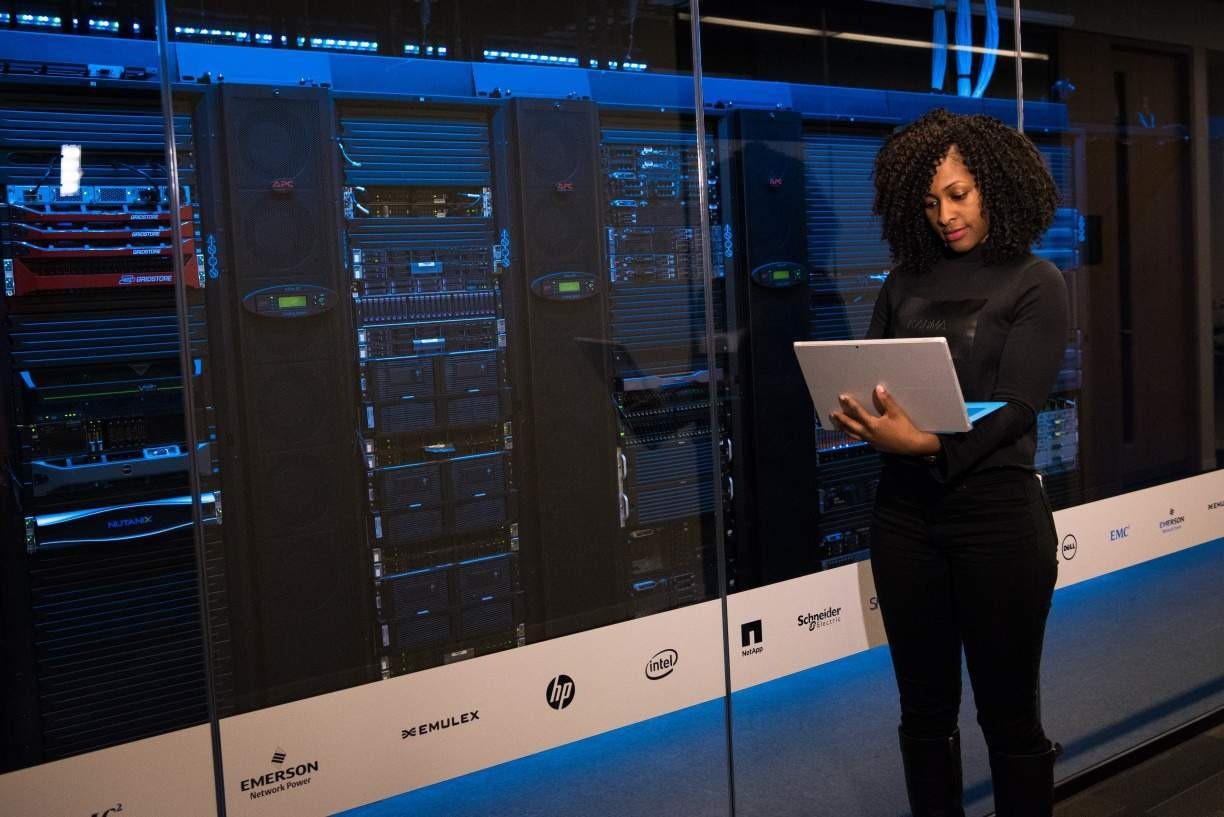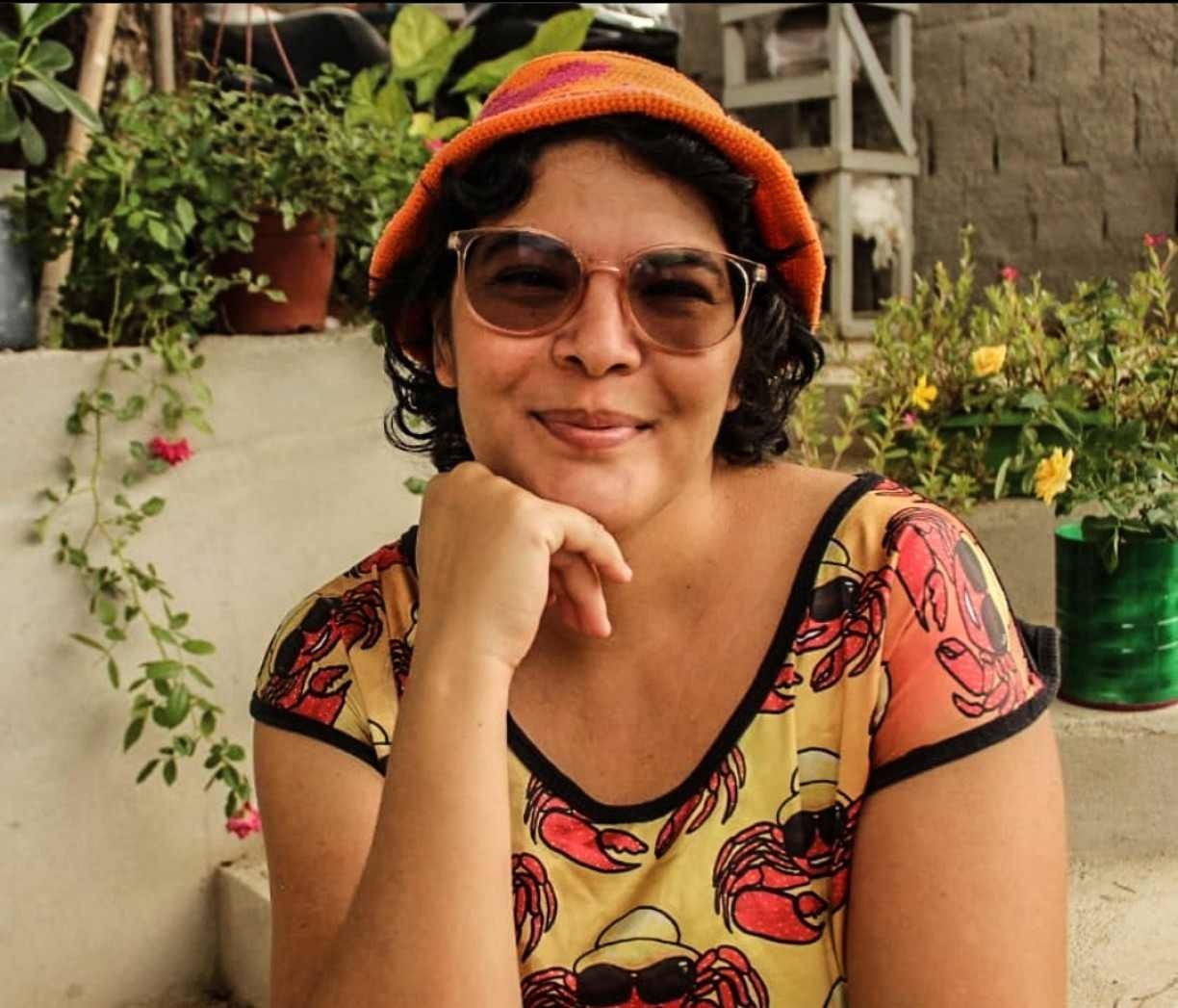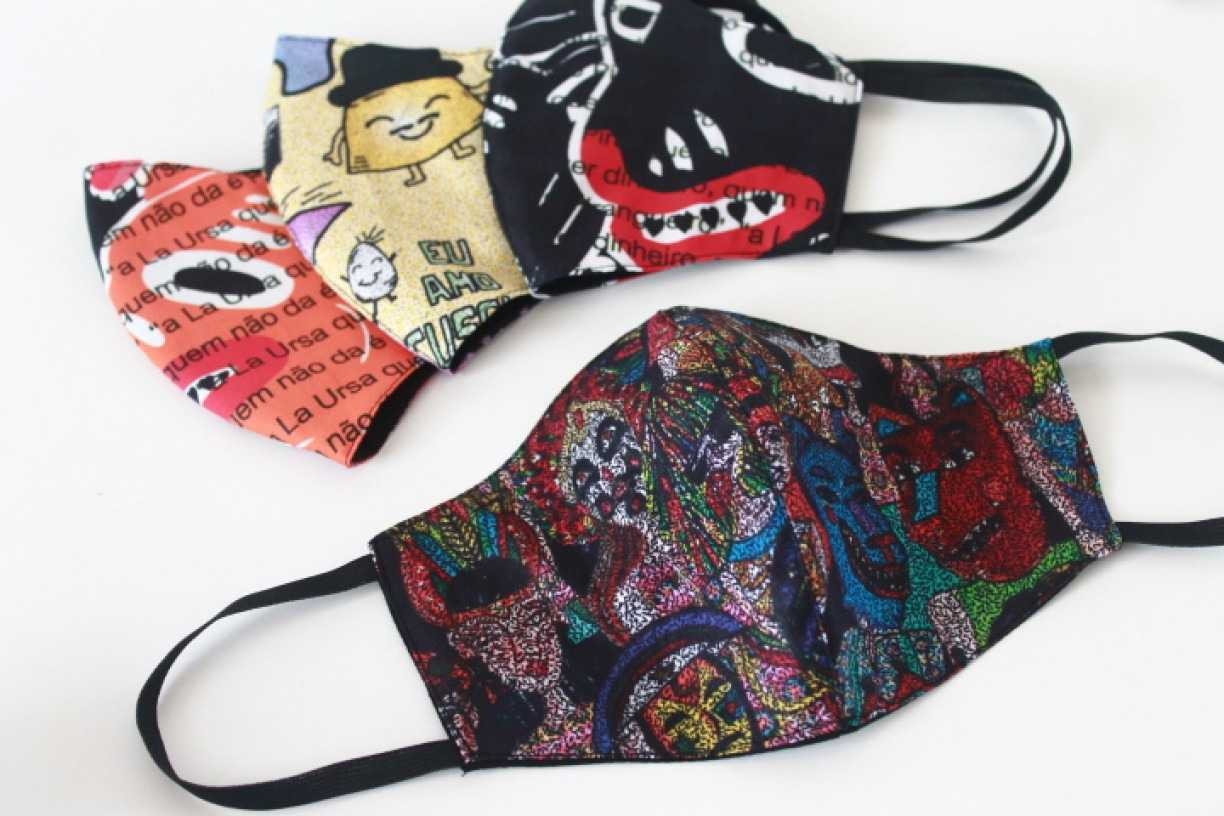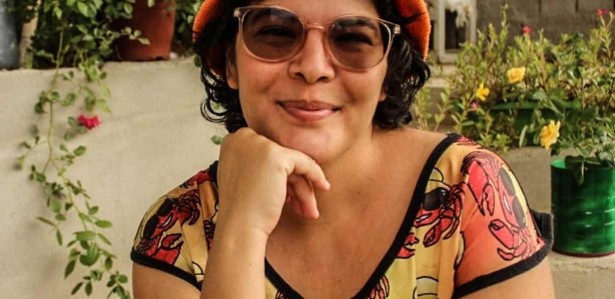Creativity is more than just imagination, it is a job that opens the doors of the job market to thousands of people from Pernambuco. So much so that even in the midst of the biggest health crisis in history, with direct impacts on economic indicators, The sector opened nearly 1,500 jobs in the state, only in 2020, against Brazil which ended the year with a negative balance of -523,000 jobs.. The data is taken from a dashboard at Itaú Cultural Observatory, which monitors the economic development of Brazil’s creative industry, and was released earlier this week.
To arrive at the conclusion, Itaú Cultural Observatory takes into account jobs in many areas that depend on the creativity to be done, and not being normative or machine-replaceable.

In addition, the survey was conducted from several official sources such as the National Continuous Household Sample Survey. Annual service survey; Annual Industrial Survey, all from the Brazilian Institute of Geography and Statistics (IBGE). The data obtained from the annual list of social information of the Ministry of Economy and Accounting of the Brazilian Public Sector and the Tax Information System were also used.
While the country saw a 6.4% decrease, Pernambuco increased the number of jobs in the sector by 0.6%. A slight increase, despite its size, revitalizes the domestic market, which in 2018 already had more than 4.7 thousand companies in the industry. “It’s a growth that looks tiny, but very important given a moment of deep crisis,” says Eduardo Saron, Director of Cultural Itaú, in a note sent by his press office.
He adds, “This reveals indications that the economy has stopped cutting out jobs, which will encourage all workers in the sector,” referring to the responsibility of the audio, visual and information technology sector in collecting this data.
Bernardo Peixoto, president of the Federation of Trade in Goods, Services and Tourism of Pernambuco (Fecomercio-PE), made a similar assessment. According to him, the production of websites, web design, podcasts and videos to promote products and services on digital channels are examples of services that are in high demand and have contributed to the increase in the number of job vacancies. “I think this slight growth is due to the design and audiovisual sectors, which have seen a huge increase in demand during the pandemic, as digital has become more important in these times of social disconnection,” Bernardo notes.

Better until 2021
In light of the positive numbers, Anna Carla Fonseca, a professor in the Creative Economics and Creative Cities course at Getulio Vargas (FGV), predicts 2021 with more positive results for this sector. “Nothing was anticipated in the scenario that was designed, but the flexibility in responding to the challenges presented has caused, perhaps, the difference in the economic recovery of this sector. Therefore, I imagine 2021 will be a much better year than 2020, as we have already learned many lessons. From the epidemic, but the main legacy is the ability to reinvent itself, and in this regard, the creative economy has indisputable advantages, “she says, however, stressing that for the development of the creative economy, new ideas are, of course, essential, but they are not sufficient. .
“There is a reading that Brazilians are creative, and then, everything is solved. Of course, it doesn’t just depend on that. We’re talking about business, and there’s a whole load of preparation that isn’t necessarily taken into account,” he says.
One institution trying to bridge this gap in Brazil is the Brazilian Small and Small Business Support Service (Sebrae). In 2020, the entity has identified opportunities and actions to boost the creative industry. Such as festivals, awards, and free online courses. Sebray has also launched a public notice to support enterprise innovation projects. The call for small business owners, small business owners and small companies, and the call for proposals included 21 innovative projects in the sectors of crafts, fashion, music, audio, video and games.
“Public notices are very important to boost this market. We will not teach professionals how to be creative. It got its head in the clouds in a good way. Our role is to be the line of kites, help you with management training, raise funds and have the opportunity to reveal your business,” says a manager. Creative Economy Ventures at Seabra in Pernambuco, Veronica Ribeiro.

Also according to the director of the foundation, for the project, resources of only R $ 470,000 were provided in Pernambuco, in order to encourage cultural / creative entrepreneurs to transform their ideas into economically viable and sustainable goods or services, in order to promote the creative economy in the country, and contribute to the creation of More job and income opportunities.
One of the projects chosen was the project of entrepreneur Rafaela Mendes. At the beginning of the epidemic, in March of last year, she, the owner of the Rafa Q Faz brand, became one of the pioneers of selling masks. “We were unfounded, like many entrepreneurs, but we decided to start selling masks in March 2020, even when there was still no official recommendation on how to use them. We had to run out of time, as it was necessary to invest in knowledge to accelerate our presence in the digital world. The entrepreneur says, saying Sebrae Pernambuco’s support was essential at this point, making it even more difficult for entrepreneurs to plan across Brazil.

Stimulus
If entrepreneurship is tough, creativity isn’t that simple either. The country’s difficulties help stimulate Brazilians’ ability to innovate solutions, but the big difference in creating creative professionals is education.
“Brazil is so interested in overcoming the education challenges of the nineteenth century that it doesn’t think about the twenty-first,” says Anna Carla Fonseca, of the FGV. “Creative talent will be one of the only job files that will survive AI.”
That is why, even in the 1990s, some countries began updating their curricula to cover the concept, which emerged in Australia in 1994. Although born in Oceania, the United Kingdom, in 1997, was the first to understand its potential as a development strategy and setting specific policies. For these sectors.
“These sectors are now playing a strategic role,” says Bernardo Peixuto, of Fecomercio, “as those who manage to make the transition from a logic of mass production and low-price competition to a logic of differentiation and expertise are at the forefront today.”
